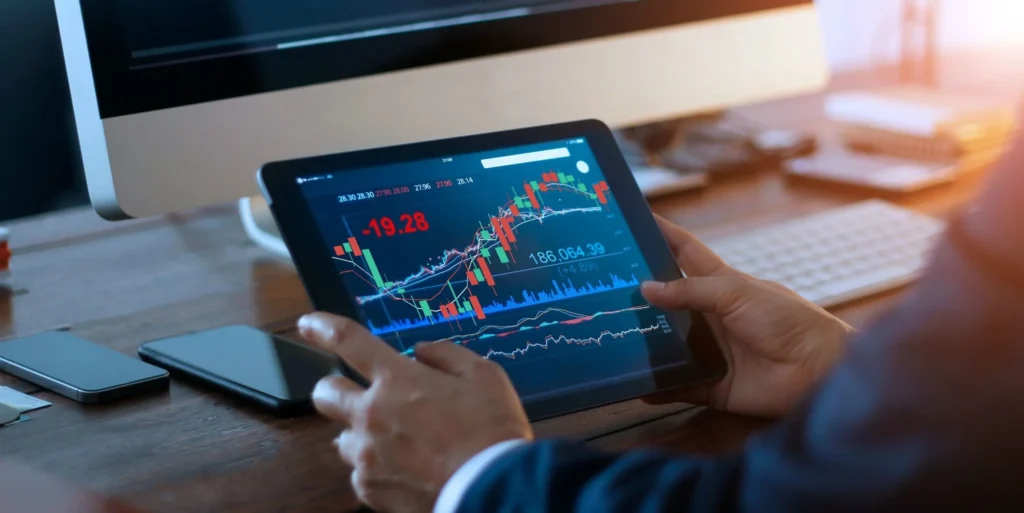Forex trading is a popular way to make money through investing in currencies. However, it is also a risky and complex market that requires a lot of expertise and skill to master. To succeed in forex trading, you must have a solid understanding of the strategies and techniques to help you make informed decisions and manage risks effectively. This article will discuss tips and techniques to help you master foreign exchange trading strategies.
Develop a Trading Plan
This is the first step to mastering foreign money trading strategies. It should project your goals, risk tolerance, and trading style. It should also include a detailed analysis of the currency pairs you plan to trade and the technical and fundamental indicators you will use to make trading decisions. By having a clear trading plan, you can make informed decisions and avoid emotional trading.
Use Technical Analysis
This method helps analyse market data, such as price charts, to identify trading opportunities. It involves using various indicators and chart patterns to predict future price movements. While swing trading can be a lucrative investment strategy, it’s important to note that it comes with tax implications. For example, if you receive stock options as part of your compensation, it’s important to understand what taxes are owed from stock options. There are several technical indicators that you can use in foreign exchange trading, such as moving averages, Bollinger Bands, and Relative Strength Index (RSI). However, using them in conjunction with other indicators to confirm your analysis is essential.
Follow Economic Events
Fundamental analysis involves analysing economic and financial data to predict future price movements. Economic events like central bank interest rate decisions, GDP releases, and employment reports can significantly impact currency markets. You can make informed trading decisions and manage risks by staying up-to-date with economic news and events.
Manage Your Risks
Foreign trading involves a significant amount of risk, and it is crucial to managing your risks effectively. One way to do this is to use stop-loss orders, which automatically close your position if the price moves against you. You should consider using leverage wisely, as it can amplify profits and losses. It is recommended to use only a small portion of your trading capital for each trade and to limit your leverage to a manageable level.
Practice with a Demo Account
Before investing real money in trading, practising with a demo account is important. A demo account allows you to trade virtual money in a simulated environment without risking your capital. This can help you gain experience and confidence in your trading skills and test your strategies and techniques without any financial consequences.
Learn from Experienced Traders
One of the best ways to master foreign money trading strategies is to learn from experienced traders. You can do this by reading books and articles, attending webinars and seminars, and joining online trading communities. By learning from other’s experiences and insights, you can gain valuable knowledge and avoid common mistakes.
Keep a Trading Journal
Keeping a trading journal allows you to track your trades, analyse your performance, and identify areas for improvement. It should include details such as the currency pair traded, the entry and exit points, the reason for the trade, and the outcome. Reviewing your trading journal regularly allows you to learn from your mistakes and refine your strategies.
Be Patient and Disciplined
Finally, being patient and disciplined in your foreign exchange trading is important. This means sticking to your trading plan, managing risks, and avoiding emotional trading. Foreign money trading can be a highly volatile and unpredictable market, and it is vital to have a long-term perspective and not get discouraged by short-term losses.
In conclusion, mastering forex trading strategies requires combining technical and fundamental analysis, risk management, practice, and discipline. Remember that trading is a continuous learning process, and staying up-to-date with market developments and adapting your strategies is essential.
Also read more:
